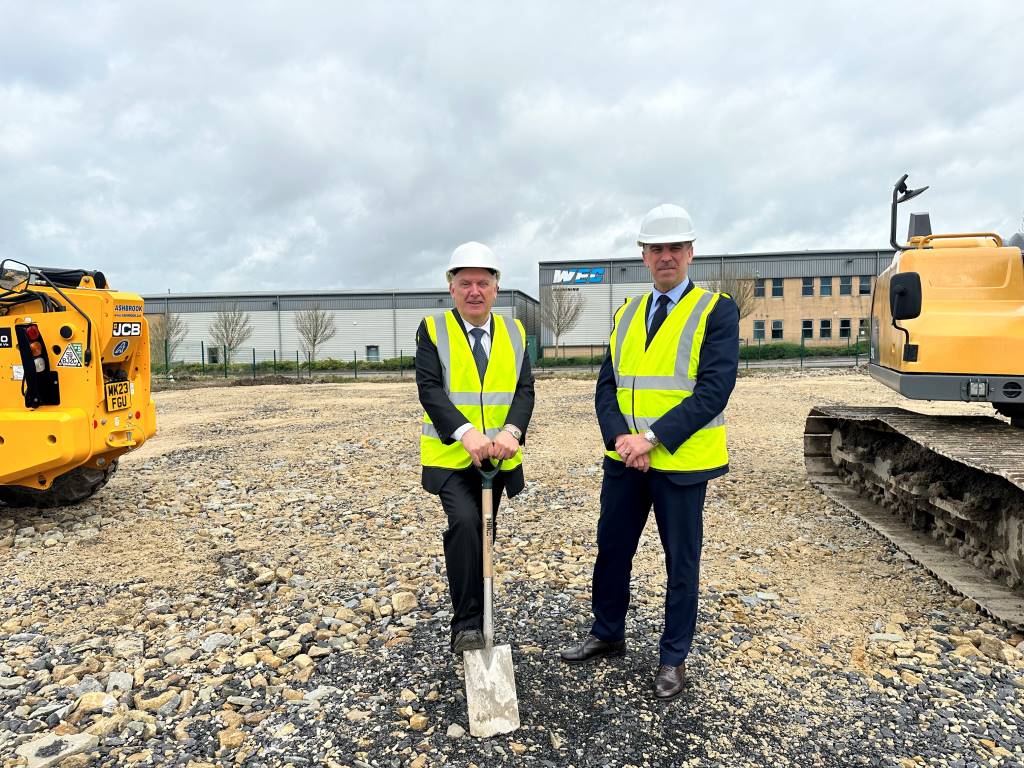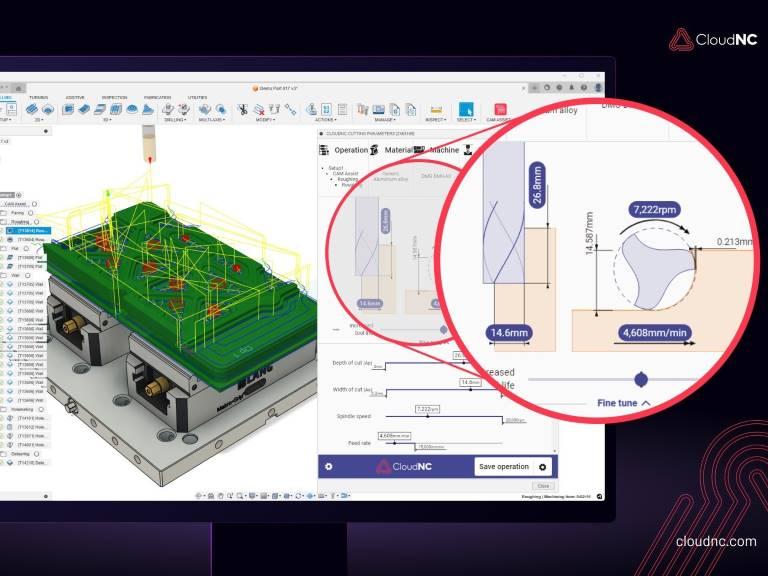Driving force

PES tracks down the Manufacturing Advisory Service's Rachel Eade and finds out why 'growing pains' are a welcome symptom of a resurgence that shows no signs of slowing down.
The UK automotive sector has come a long way since the global despair of 2009. PES tracks down the Manufacturing Advisory Service's Rachel Eade and finds out why ‘growing pains' are a welcome symptom of a resurgence that shows no signs of slowing down.
2014 will not go down in the history books as the greatest international year of achievement for UK sporting teams with our footballers, cricketers and, to a lesser extent, our rugby players all suffering a dip in performance overseas.
The same cannot be said of the domestic automotive industry. Whilst the likes of Rooney, Cook and Tuilagi have been toiling in foreign climes, our car producers have been ramping up production volumes significantly with predictions from the SMMT that output will hit 1.6 million this year and surpass a record breaking 1.92 million by 2017. Not bad going considering we are only five years on from the global downturn of 2009.
Jaguar Land Rover's unprecedented growth is obviously having a major influence on these figures and the Indian owned luxury car manufacturer shows no sign of slowing down. Latest plans revealed in August show designs for a new £20 million Technical Centre at Prologis Park in South Warwickshire.
The resurgence is not just about JLR. Investment has also been flowing into the UK's other car plants with mass producers Nissan and Toyota ploughing cash into new platforms, BMW increasing capacity in Cowley, whilst Bentley has not been shy in launching a new upskilling programme for all employees at its site in Crewe.
However, possibly the biggest and most striking announcement this year came in the south of the country, Luton to be precise. The continuing speculation about the future of General Motors' commercial vehicle operation was finally put to bed with the company announcing a £168 million investment in the next generation of the Vivaro van. This guarantees the plant's future until at least 2025, which will come as music to the ears of its 1200 strong workforce.
Levelling the playing field
So what has been behind this resurgence and can the momentum be built on? One person who feels it can be is Rachel Eade, the Manufacturing Advisory Service's Supply Chain Specialist for Automotive.
Ms Eade has been involved in the sector for more than 20 years and played a pivotal role in helping companies recover from the MG Rover collapse when she was head of Accelerate in the West Midlands. Her current role involves working with the big car producers and their supply chains to ensure there is capacity to cope with the current growth
“There is no doubting the fact that this is an exciting time to be involved in the UK automotive industry,” she explains.
“Favourable exchange rates have certainly played a part and the low cost countries are having to come to terms with workers rightly demanding more money and better conditions – this has helped create a more even playing field.
“However, we should not underestimate the role our own manufacturing plants have played. They have fine-tuned the way they work to embrace best practice manufacturing and are now recognised as some of the world's best performing factories when it comes to productivity and quality.
“We have also managed to corner the premium end of the market. The ‘British design' tag is certainly in demand and this is expected to grow even further as the middle classes in the emerging economic powerhouses look for their own ‘status' symbol.”
International appeal
Further analysis of the SMMT's latest data reinforces the international appeal with more than five million cars rolling off the UK production lines and heading for foreign climes since 2010. This means that almost eight out of ten cars made here are now exported to the EU and increasingly China, India and Russia.
Ms Eade takes up the story: “Automotive is certainly doing its bit to address the UK's export trade gap and we expect this to continue with new models due to be launched. What is especially pleasing is that our companies are not standing still and basking in the new found acclaim for their products. Instead, they are constantly looking at adding new features, developing new technology and experimenting with new materials.
“The move to lightweight and more fuel efficient vehicles is a race we should lead from the front and the signs are already promising with industry and academia forming strong working partnerships.”
International expansion is also on the agenda for the niche vehicle manufacturers, looking to tap into the global demand for British products. This is none more prevalent than in deepest Worcestershire where Malvern-based Morgan Motor Company has secured a number of export firsts this year.
Back in May, the company announced that its three wheeler will be available in China and this was quickly followed up by the opening of a new dealership in Taiwan and its first ever showroom in the Middle East.
The latter, which is hosted by ERA Customs & Classics in Dubai Festival City, will feature a range of Morgan cars including classic models and the top of the range Aero Supersport.
Importantly, it will mean enthusiasts from the United Arab Emirates will be able to view and purchase cars quicker than ever before.
The cascade effect Working on behalf of MAS means Ms Eade gets a lot of exposure to SMEs, assisting them to understand the opportunities, overcome production bottlenecks and develop new services/products. This gives her a first-hand insight into how the supply chain is coping with the automotive sector's resurgence, with many new entrants along the more traditional names. And, whilst there may be a few teething problems that need to be managed, the overall feeling is one of optimism.
“The feel good factor is definitely cascading its way down the different tiers of the supply chain, with volumes up significantly and new jobs being created,” she affirms. “In fact, it is widely reported that for every job at JLR or Toyota, the spin off effect is three new positions in the supply base.”
“Naturally, there are a few growing pains. OEMs are enforcing shorter leadtimes for supply, asking suppliers to hold more stock and, in some cases, to get involved earlier in the design stages. These are all nice problems to have, but if they're not managed carefully can lead to some businesses struggling to keep up or running out of cash.
“One of the biggest challenges in recent months has been finding the investment needed to purchase new capital equipment and extend facilities, which includes tooling for the introduction of new components,” she continues.
“I've worked with a number of firms to put together a business case for attracting the funding and banks, slowly but surely, are coming around and directing more cash towards supporting manufacturers and their growth plans.
“There is also some good Government support out there through the Advanced Manufacturing Supply Chain Initiative (AMSCI), the Regional Growth Fund and the recently announced £25 million RBS National Tooling Fund.
“The latter is a direct response to the findings of the Automotive Council and gives firms the chance to apply for up to £1 million of finance. This will ensure suppliers can fund tooling manufacture in the volumes quick enough to satisfy the car producer's demands.”
The here and now
Skills is another area of concern for suppliers. Higher volumes mean more people and recruiting from an already lean talent pool is proving extremely difficult for some companies. Even in the industrial heartland of the West Midlands, SMEs are struggling to fill technical positions, including quality engineers, estimators and senior toolmakers.
There's no easy solution as Ms Eade is quick to point out: “We are suffering now from years of under investment in developing new engineers and there are not enough good quality people to satisfy demand. “The long awaited investment in apprentices is very welcome but doesn't address the ‘here and now'. Companies have ageing workforces and many are set to lose essential skills in the foreseeable future – the one answer to this dilemma is to upskill from within.
“Then you have the issue of retaining your good people. With JLR and other car producers growing at pace they are enticing senior people from suppliers with the lure of higher wages and global opportunities. It's a difficult one for companies to address as they don't have the available cash to match what they're offering. They have to be more creative in how they paint the scenario of working with an SME being the better alternative and a chance to achieve greater work/life balance.”
It appears that the automotive industry's resurgence is going strong and long may it continue. With the Government's industrial strategy and specialist support from the likes of MAS the supply chain is well equipped to keep pace. It won't always be plain sailing as Ms Eade has alluded to, but the best things are worth fighting for and there can be no better sight than a vibrant, world leading UK automotive industry.
MAS
www.mymas.org












